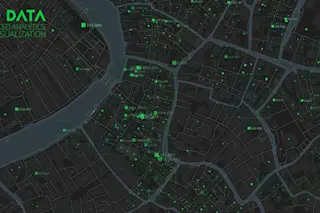When the piece of malware given the name "Flame" was found last month, initial analysis indicated that it did not share code with Stuxnet and Duqu, two previously discovered programs also directed at Iran and other nations in the Middle East. However, researchers at the Kaspersky Lab have found that a chunk of early Stuxnet code called "resource 207" is also found in Flame, which indicates a connection between the authors of both programs. An early version of Stuxnet from 2009 included the resource 207 module, which helped spread the virus to new machines via USB drives by exploiting a then-unknown security flaw in the Microsoft Windows operating system. The later incarnation of Stuxnet could accomplish the same task with different sections of code, and resource 207 was discarded. But when Kaspersky Lab researchers began studying an early module of Flame, they found its code bore a strong resemblance to ...
Researchers Find Code Connecting "Stuxnet" and "Flame" Computer Viruses
Discover the intriguing Flame malware analysis revealing its connection to Stuxnet, as found by Kaspersky Lab researchers.
More on Discover
Stay Curious
SubscribeTo The Magazine
Save up to 40% off the cover price when you subscribe to Discover magazine.
Subscribe












